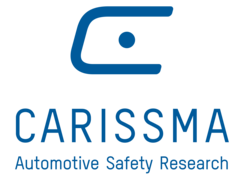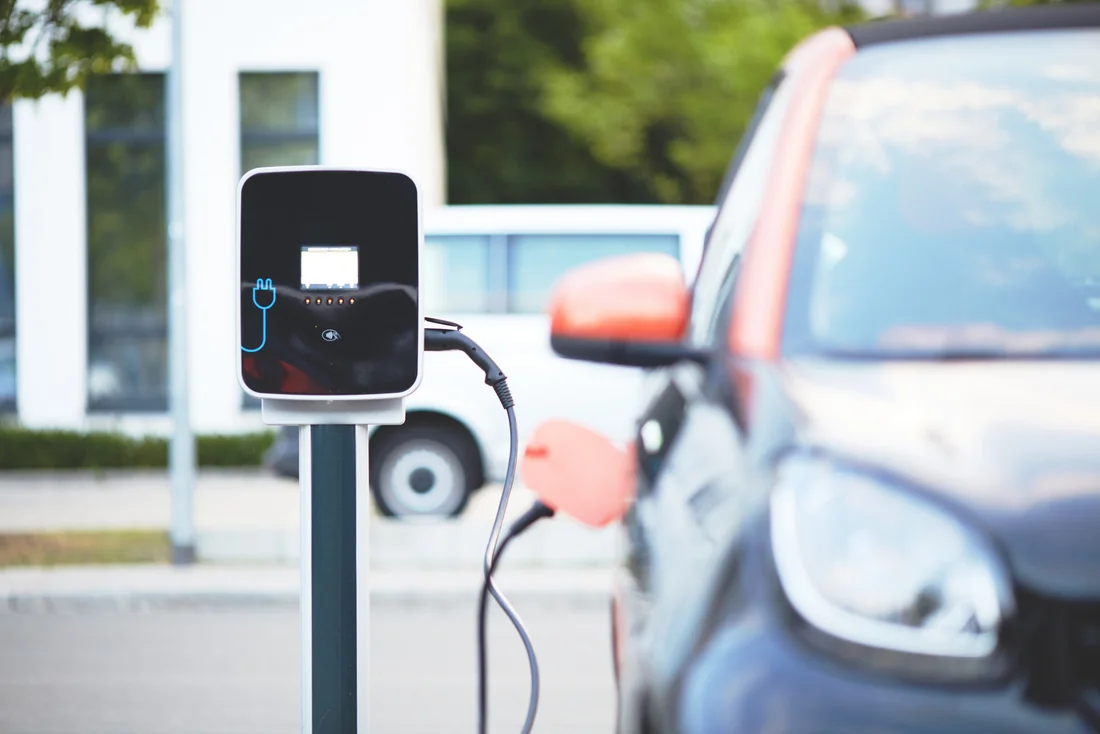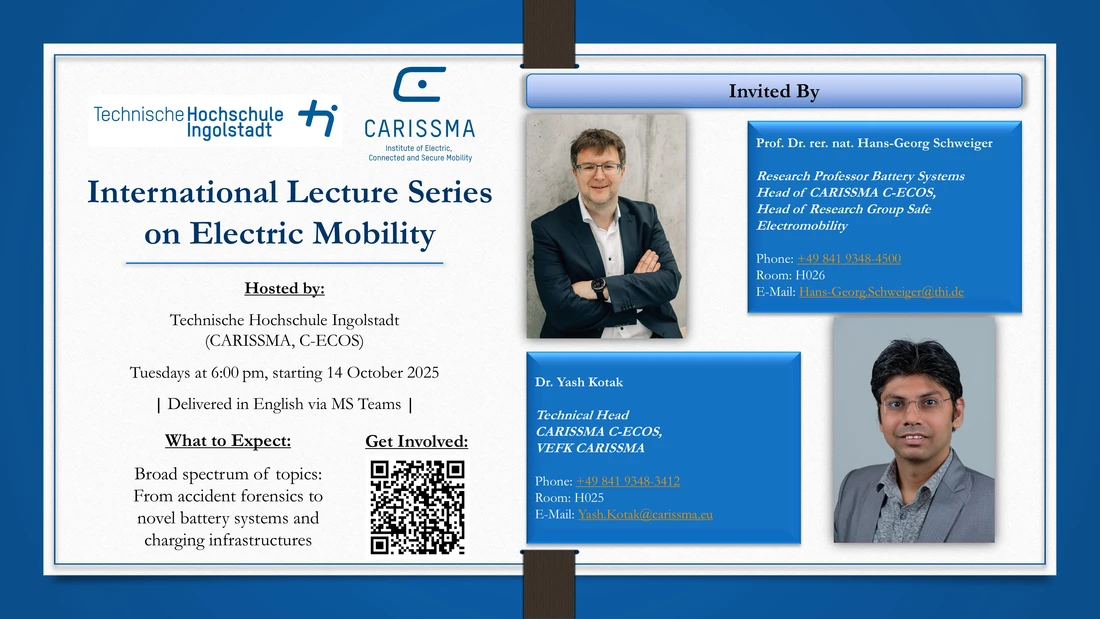This winter semester, Technische Hochschule Ingolstadt is delighted to once again host the International Lecture Series on Electric Mobility – now in its ninth consecutive year. For this edition, the focus lies entirely on research and projects carried out at THI, highlighting the wide range of expertise and activities that shape our contribution to the future of mobility.
The lecture series will cover a broad spectrum of topics: from accident forensics to novel battery systems and charging infrastructures, as well as innovative projects such as MARBEL, BALSAM, and IBATMANN. This provides a comprehensive insight into the many areas in which THI is actively engaged in research, development, and knowledge transfer.
The lectures will take place on Tuesdays at 6:00 pm, starting on October 14, 2025. Each talk will last around 30 minutes, followed by an open Q&A session. As always, the lectures will be delivered live in English via Microsoft Teams, welcoming students, industry professionals, and mobility enthusiasts alike.
We warmly invite you to join this lecture series and explore with us the diverse fields of electromobility, safety, and sustainable technologies. Registration and links to the Teams sessions can be found in the table below.





![[Translate to English:] Logo Akkreditierungsrat: Systemakkreditiert](/fileadmin/_processed_/2/8/csm_AR-Siegel_Systemakkreditierung_bc4ea3377d.webp)








![[Translate to English:] Logo IHK Ausbildungsbetrieb 2023](/fileadmin/_processed_/6/0/csm_IHK_Ausbildungsbetrieb_digital_2023_6850f47537.webp)


